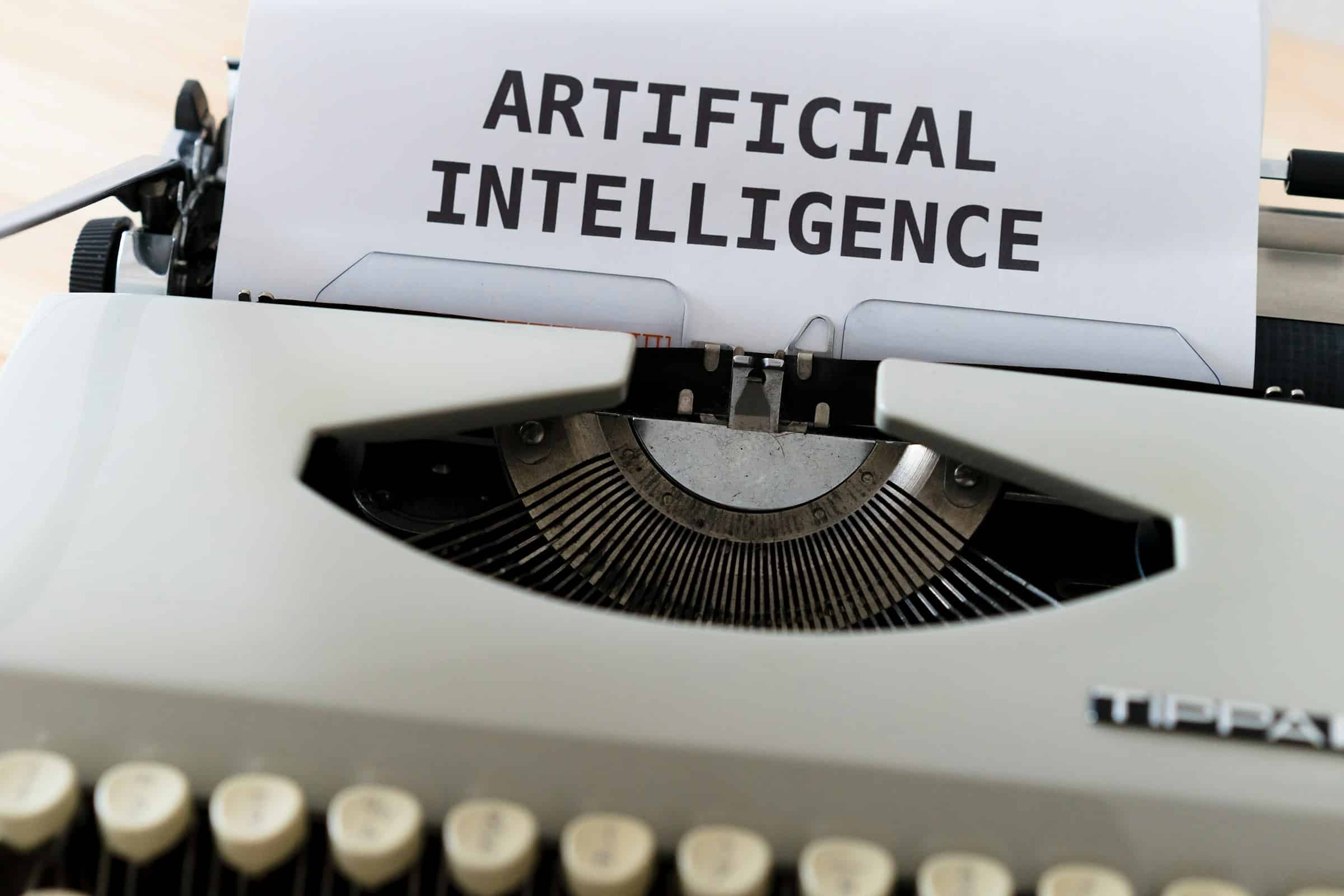What are the legal implications for UK companies using artificial intelligence to make hiring decisions?

The world of employment is continually evolving, and technology plays a significant role in that evolution. The rise of artificial intelligence (AI) has presented companies with innovative tools to streamline their hiring process. However, it also presents a unique set of challenges, particularly concerning legalities and data protection. This article delves into the complexity of the legal implications for UK companies that use AI to make hiring decisions.
Legal Overview of Data Protection and AI in Employment
The first step towards understanding the implications of using AI in hiring processes is to familiarize yourself with the legal landscape surrounding data protection and employment law. It's an area fraught with intricacies and nuances, and it's essential to tread carefully.
A découvrir également : How can UK companies legally handle employee surveillance without violating privacy laws?
Data protection is a critical element of the law when it comes to using AI to make hiring decisions. The Data Protection Act 2018 and the General Data Protection Regulation (GDPR) provide a regulatory framework that companies must adhere to when handling personal data. They protect the rights of individuals in terms of their personal data and place restrictions on how organisations can process this data.
Employment law also contains numerous provisions that employers need to consider. For instance, employers must ensure that they're not discriminating against potential employees in any way. The Equality Act 2010 prohibits discrimination based on protected characteristics such as race, gender, age, and disability. If an AI tool used in the hiring process leads to discrimination, the employer could face legal action.
Cela peut vous intéresser : What are the specific legal steps for dissolving a charity in the UK?
Risks and Legal Implications of AI in Employment Decisions
A primary legal risk associated with using AI to make hiring decisions is discrimination. Although AI tools may not consciously discriminate, they might unintentionally do so. The algorithms used by AI are only as impartial as the data used to train them. If the training data contains biases, the AI can replicate or even amplify these biases, resulting in discriminatory hiring practices.
In the UK, the Equality Act 2010 requires employers to avoid discrimination in all aspects of employment, including hiring. If an AI system discriminates against candidates based on protected characteristics, the employer could face a discrimination claim, even if the discrimination was unintentional.
Another significant risk is data protection. The use of AI in hiring decisions involves processing vast amounts of personal data, including sensitive data such as ethnicity or health information. This processing must comply with the GDPR and the Data Protection Act 2018, which require transparency, purpose limitation, data minimisation, and accuracy. Failure to adhere to these requirements could lead to significant fines and reputational damage.
Navigating the Legal Landscape of Automated Hiring Decisions
Navigating the legal landscape of automated hiring decisions can be a challenging task for employers. Several steps can be taken to ensure compliance with relevant laws and regulations.
Firstly, employers should conduct a thorough impact assessment before implementing any AI system. This assessment will help identify any potential risks of discrimination or data protection infringements and establish measures to mitigate these risks.
Secondly, employers should ensure transparency in their use of AI. This involves explaining to job applicants how their personal data will be used and obtained, the logic behind automated decisions, and the potential consequences of these decisions.
The Role of Human Involvement in Automated Decisions
The involvement of human beings in the automated decision-making process is a crucial element of the legal framework surrounding AI in hiring. According to Article 22 of the GDPR, individuals have the right not to be subject to a decision based solely on automated processing, including profiling, which has legal or similarly significant effects on them.
In the context of employment, this could mean that job applicants have the right to demand human intervention in decisions that significantly affect them, such as being rejected for a job. Therefore, UK companies must ensure that their use of AI in hiring decisions allows for human involvement and oversight.
AI in Employment: A Legal Minefield
In conclusion, using AI to make hiring decisions can simplify and streamline the hiring process, but it also presents a potential legal minefield for UK employers. Navigating this minefield requires a deep understanding of the relevant laws and regulations, a proactive approach to risk mitigation, and a commitment to transparency and human oversight.
While the benefits of AI in hiring are significant, the legal implications cannot be ignored. Therefore, it's crucial that employers understand their legal obligations and take steps to ensure they are using AI in a way that is fair, transparent, and in compliance with the law.
Regulatory Landscape of AI in Hiring in the United Kingdom
As the application of artificial intelligence in the hiring process continues to gain popularity, UK companies must stay abreast of the current regulatory landscape. The United Kingdom has a robust framework of laws and regulations around data protection and employment, which apply to the use of AI in hiring.
A key piece of legislation in this context is the General Data Protection Regulation (GDPR). The GDPR governs how personal data is collected, stored, and used, and it applies to all EU member states and the UK. The regulation requires that companies processing personal data do so in a transparent, fair, and lawful manner. In the context of AI hiring, this means that companies must inform applicants about the use of AI in the decision-making process and must obtain their consent before using their personal data.
The Data Protection Act 2018 also plays a significant role in the regulation of AI in hiring. This Act is the UK's implementation of the GDPR and includes provisions specific to the UK. It outlines the responsibilities of companies when processing personal data and stipulates the rights of individuals concerning their data.
The current framework of protection laws also includes the Equality Act 2010, which makes it unlawful to discriminate against individuals based on protected characteristics such as age, race, or disability. This Act is of high relevance to AI hiring, as it requires that the recruitment process is non-discriminatory, even when automated decision-making tools are used.
Intellectual Property Rights and AI in Hiring
Another important legal implication for UK companies using AI in employment decisions entails intellectual property rights. AI systems and algorithms are often protected by intellectual property rights, including patents and copyrights.
UK companies that use AI tools for hiring must ensure that they have the appropriate rights or licences to use the AI software. This includes not only the AI system itself but also any underlying data or algorithms used by the system. If a company infringes upon the intellectual property rights of the AI software provider or another party, it could face legal action.
Additionally, companies must also consider the intellectual property rights of the individuals whose data is used in the AI system. Personal data and other information provided by job applicants may be protected by copyright or other intellectual property rights. Companies must ensure that they have the necessary permissions to use this data within the AI system.
In a white paper published by the Intellectual Property Office, the UK government recognised the complexities associated with AI and intellectual property rights and has committed to exploring this area further. As such, the legal and regulatory landscape around AI and intellectual property is likely to evolve in the coming years.
Conclusion: Balancing AI Advantages and Legal Implications
The use of artificial intelligence in the hiring process offers many potential benefits for companies, including increased efficiency and the potential to identify the best candidates more accurately. However, it also presents a range of significant legal implications that companies must navigate.
From data protection laws to anti-discrimination legislation, the regulatory framework around AI employment decisions in the UK is complex. Furthermore, emerging issues such as intellectual property rights related to AI systems and the data they use add another layer of complexity.
In this landscape, it's crucial for companies to not only understand the law current but also to keep an eye on future developments. As AI technology continues to evolve and become more integrated into our daily lives, the legal and regulatory landscape will likely continue to change.
Ultimately, the key to successfully implementing AI in hiring lies in striking the right balance. Companies must harness the potential benefits of AI while simultaneously ensuring compliance with all relevant laws and regulations. This will involve proactive risk assessment, transparency with applicants, and a commitment to ethical, non-discriminatory practices.
